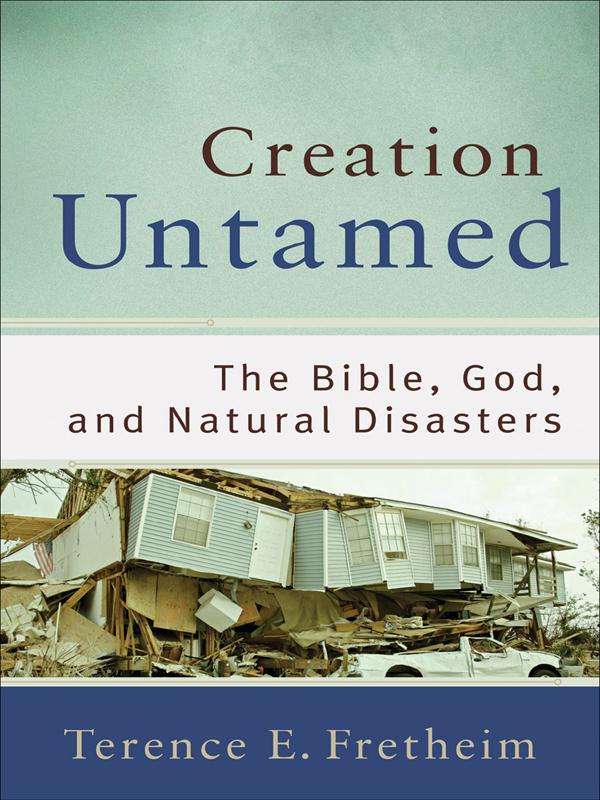


THEOLOGICAL
EXPLORATIONS
for the
CHURCH
CATHOLIC
Creation
Untamed
The Bible, God,
and Natural Disasters
Terence E . Fretheim

2010 by Terence E. Fretheim
Published by Baker Academic
a division of Baker Publishing Group
P.O. Box 6287, Grand Rapids, MI 49516-6287
www.bakeracademic.com
E-book edition created 2010
All rights reserved. No part of this publication may be reproduced, stored in a retrieval system, or transmitted in any form or by any means for example, electronic, photocopy, recording without the prior written permission of the publisher. The only exception is brief quotations in printed reviews.
ISBN 978-1-4412-1359-4
Library of Congress Cataloging-in-Publication Data is on file at the Library of Congress, Washington, DC.
Unless otherwise indicated, all Scripture quotations are from the New Revised Standard Version of the Bible, copyright 1989, by the Division of Christian Education of the National Council of the Churches of Christ in the United States of America. Used by permission. All rights reserved.
To those who ask why
Contents
Long before Brian McLaren began speaking about a generous orthodoxy, John Wesley attempted to carry out his ministry and engage in theological conversations with what he called a catholic spirit. Although he tried to remain united by the tenderest and closest ties to one particular congregation1 (i.e., Anglicanism) all his life, he also made it clear that he was committed to the orthodox Christianity of the ancient creeds, and his library included books from a variety of theological traditions within the church catholic. We at Nazarene Theological Seminary (NTS) remain committed to the theological tradition associated with Wesley but, like Wesley himself, are very conscious of the generous gifts we have received from a variety of theological traditions. One specific place this happens in the ongoing life of our community is in the public lectures funded by the generosity of various donors. It is from those lectures that the contributions to this series arise.
The books in this series are expanded forms of public lectures presented at NTS as installments in two ongoing, endowed lectureships: the Earle Lectures on Biblical Literature and the Grider-Winget Lectures in Theology. The Earle Lecture series is named in honor of the first professor of New Testament at NTS, Ralph Earle. Initiated in 1949 with W. F. Albright for the purpose of stimulating further research in biblical literature, this series has brought outstanding biblical scholars to NTS, including F. F. Bruce, I. Howard Marshall, Walter Brueggemann, and Richard Hays. The Grider-Winget Lecture series is named in honor of J. Kenneth Grider, longtime professor of theology at NTS, and in memory of Dr. Wilfred L. Winget, a student of Dr. Grider and the son of Mabel Fransen Winget, who founded the series. The lectureship was initiated in 1991 with Thomas Langford for the purpose of bringing outstanding guest theologians to NTS. Presenters for this lectureship have included Theodore Runyon, Donald Bloesch, and Jrgen Moltmann.
The title of this monograph series indicates how we understand its character and purpose. First, even though the lectureships are geared toward biblical literature and systematic theology, we believe that the language of theological explorations is as appropriate to an engagement with Scripture as it is to an engagement with contemporary systematic theology. Though it is legitimate to approach at least some biblical texts with nontheological questions, we do not believe that doing so is to approach them as Scripture. Old and New Testament texts are not inert containers from which to draw theological insights; they are already witnesses to a serious theological engagement with particular historical, social, and political situations. Hence, biblical texts should be approached on their own terms through asking theological questions. Our intent, then, is that this series will be characterized by theological explorations from the fields of biblical studies and systematic theology.
Second, the word explorations is appropriate since we ask the lecturers to explore the cutting edge of their current interests and thinking. With the obvious time limitations of three public lectures, even their expanded versions will generally result not in long, detailed monographs but rather in shorter, suggestive treatments of a given topic that is, explorations.
Finally, with the language of the church catholic, we intend to convey our hope that these volumes should be proecclesia in the broadest sense given by lecturers representing a variety of theological traditions for the benefit of the whole church of Jesus Christ. We at NTS have been generously gifted by those who fund these two lectureships. Our hope and prayer is that this series will become a generous gift to the church catholic, one means of equipping the people of God for participation in the missio Dei.
Andy Johnson
Lectures Coordinator
Nazarene Theological Seminary
Kansas City, Missouri
1. John Wesley, Sermon 39, Catholic Spirit,  III.4, in Bicentennial Editionof the Works of John Wesley (Nashville: Abingdon, 1985), 2:7995. We know, however, that his public ties with Anglicanism were at some points in his life anything but tender and close.
III.4, in Bicentennial Editionof the Works of John Wesley (Nashville: Abingdon, 1985), 2:7995. We know, however, that his public ties with Anglicanism were at some points in his life anything but tender and close.
These chapters bring together presentations from two lecture series. In October 2008 three lectures were given as the Earle Lectures at Nazarene Theological Seminary, Kansas City, Missouri, under the title The Old Testament Still Matters. They represent the essence of chapters 1, 4, and 5. In January 2009 the other two chapters on natural disasters were presented during midwinter convocation at Luther Seminary, St. Paul, Minnesota. I hereby thank leaders at both institutions for the invitation to deliver these lectures and for the support given along the way.
Though originally presented as separate lectures, these five chapters address topics that are often brought together in theological reflection and churchly conversation. With the helpful counsel of Jim Kinney of Baker Academic, I have merged them into a single volume, endeavoring to demonstrate how the themes mutually interact. Readers will recognize that these chapters bear the marks of popular presentations with a more conversational tone. I hope that these studies will foster further dialogue in thinking both about the texts involved and the basic themes that have been brought forward.
Old Testament
| Gen. | Genesis | Song | Song of Songs |
| Exod. | Exodus | Isa. | Isaiah |
| Lev. | Leviticus | Jer. | Jeremiah |
| Num. | Numbers | Lam. | Lamentations |
| Deut. | Deuteronomy | Ezek. | Ezekiel |
| Josh. | Joshua | Dan. | Daniel |
| Judg. | Judges | Hosea | Hosea |
| Ruth | Ruth | Joel |
Next page
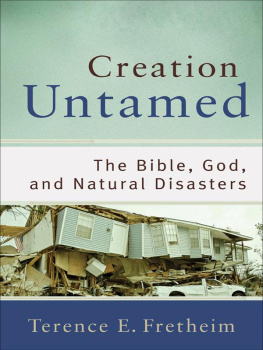
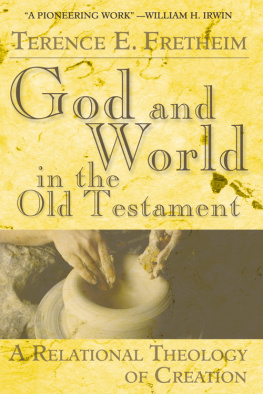
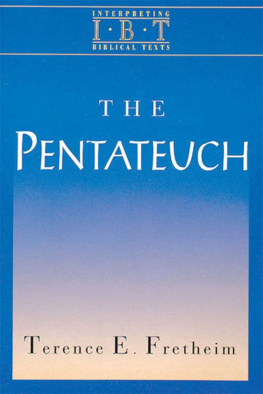
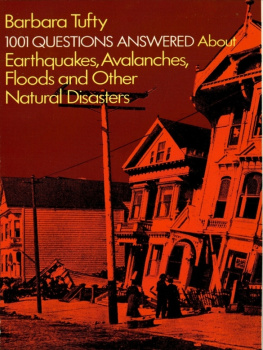
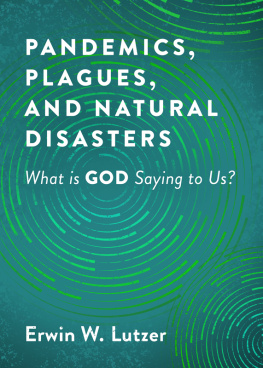

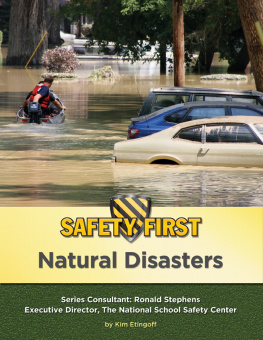

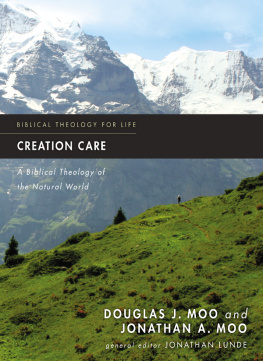
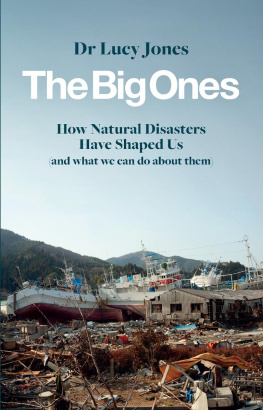
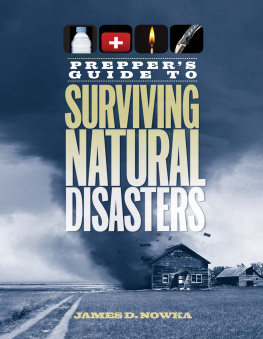




 III.4, in Bicentennial Editionof the Works of John Wesley (Nashville: Abingdon, 1985), 2:7995. We know, however, that his public ties with Anglicanism were at some points in his life anything but tender and close.
III.4, in Bicentennial Editionof the Works of John Wesley (Nashville: Abingdon, 1985), 2:7995. We know, however, that his public ties with Anglicanism were at some points in his life anything but tender and close.